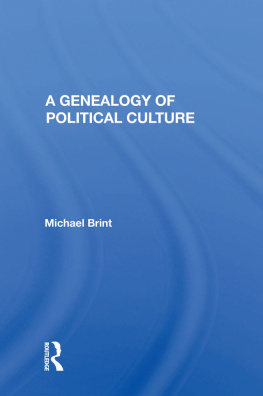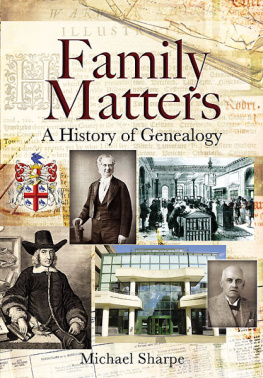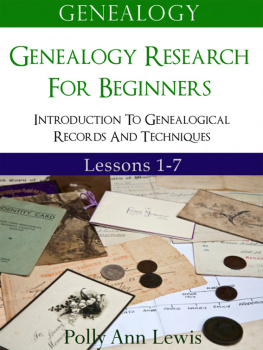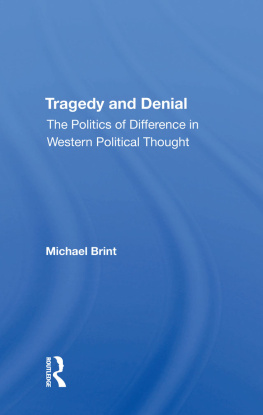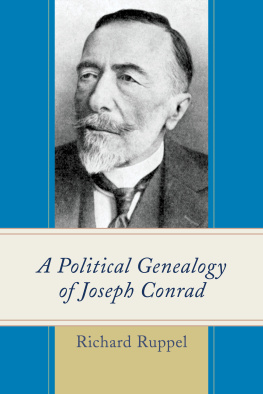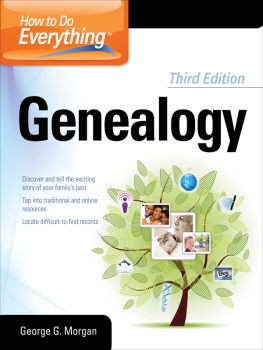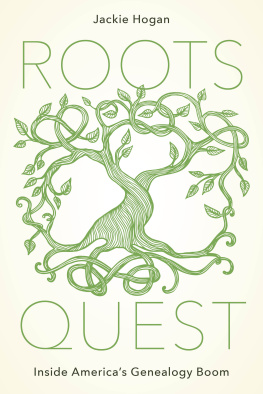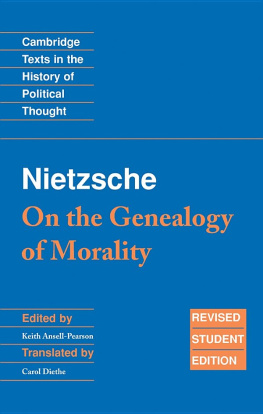A GENEALOGY OF POLITICAL CULTURE
Political Cultures
Aaron Wildavsky , Series Editor
Political cultures broadly describe people who share values, beliefs, and preferences legitimating different ways of life. This series will be distinguished by its openness to a variety of approaches to the study of political cultures; any defensible comparison, definition, and research method will be considered. The goal of this series is to advance the study of political cultures conceived generally as rival modes of organizing political and social life.
A single set of common concerns will be addressed by all authors in the series: what values are shared, what sorts of social relations are preferred, what kinds of beliefs are involved, and what the political implications of these values, beliefs, and relations are. Beyond that, the focal points of the studies are open and may compare cultures within a country or among different countries, including or excluding the United States.
Books in the Series
A Genealogy of Political Culture Michael Brint
Cultural Theory Michael Thompson, Richard Ellis, and Aaron Wildavsky
District Leaders: A Political Ethnography Rachel Sady
FORTHCOMING
Culture and Currency: Cultural Bias in Monetary Theory and Policy John W. Houghton
The American Mosaic: The Impact of Space, Time, and Culture on American Politics Daniel J. Elazar
A Genealogy of Political Culture
Michael Brint
First published 1991 by Westview Press, Inc.
Published 2018 by Routledge
52 Vanderbilt Avenue, New York, NY 10017
2 Park Square, Milton Park, Abingdon, Oxon OX14 4RN
Routledge is an imprint of the Taylor & Francis Group, an informa business
Copyright 1991 Taylor & Francis
All rights reserved. No part of this book may be reprinted or reproduced or utilised in any form or by any electronic, mechanical, or other means, now known or hereafter invented, including photocopying and recording, or in any information storage or retrieval system, without permission in writing from the publishers.
Notice:
Product or corporate names may be trademarks or registered trademarks, and are used only for identification and explanation without intent to infringe.
Library of Congress Cataloging-in-Publication Data
Brint, Michael.
A genealogy of political culture / Michael Brint.
p. cm. (Political cultures)
Includes bibliographical references and index.
ISBN 0-8133-7963-6
1. Political cultureHistory. I. Title. II. Series.
JA75.7.B75 1991
306.2'09dc20
91-23824
CIP
ISBN 13: 978-0-367-01477-3 (hbk)
Contents
- PART ONE
PLAYING THE OTHER: THE FRENCH SOCIOLOGICAL TRADITION - PART TWO
CULTURE AND CONSCIOUSNESS: THE TRADITION OF CULTURAL PHILOSOPHY IN GERMANY - PART THREE
THE AMERICAN SCIENCE OF POLITICAL CULTURE AND THE CULTURE OF AMERICAN POLITICAL SCIENCE
Guide
This work could not have been written without the generous financial aid of the Thomas Jefferson Memorial Foundation and the Summer Faculty Research Program at the University of Virginia. In addition, I would like to thank the vice president and provost of the University of Virginia, Hugh Kelly, and the bursar of Downing College, David Blackadder, for arranging my fellowship to Cambridge University, where I completed this work. The Master and Fellows of Downing College provided a lively intellectual atmosophere. Richard Stibbs and Christopher Anderton hooked me up to the Cambridge computing facilities. At the same time, at the University of Virginia, William Weaver and David Hennigan helped in preparing and revising this manuscript. I would also like to extend my gratitude to my colleagues at the University of Virginia, James Ceaser and David O'Brien. To those on both sides of the Atlantic, I owe my sincere thanks.
I am also indebted to Jennifer Knerr, senior editor at Westview Press, and Aaron Wildavsky, the editor of Westview's series on political culture. Not only did these kind persons offer their thoughtful criticisms, encouragement, and support, they also offered me a contract to write this book. Finally, I would like to extend my appreciation to William ("Bro") Adams, whose intelligent sensitivity to the differences between contending approaches to political culture steered me in a number of fruitful directions.
Although I had discussed the idea of political culture with Bro
Adams for a number of years, the idea for this particular book really stems from two different sources. First, my friend Richard Arndt, who at the time was the diplomat-in-residence at the University of Virginia, asked me to give a lecture on the intellectual history of the concept of political culture. James Ceasar, Ronald Inglehart, Stephen Chilton, and Margaret Brabant later joined me in a critical dialogue on this subject during the Midwestern Political Science Association meeting in 1988. This experience and my further research on the contemporary history of political culture finally led me to reconsider the debate between so-called behavioral and postbehavioral approaches to this study. In a more personal respect, this reconsideration was extremely helpful.
Like many, my brother Steven and I entered into the field of social science during the heyday of the postbehavioral revolution. At that time, it seemed that one was forced to choose sides between what I now consider to be a rather artificial and inaccurate set of divisions. Although an excellent social theorist, Steven took the path of a more scientific and empirical approach to political sociology. I took the opposite path. So deep were these divisions that for more than ten years, we exchanged very few words on either a personal or intellectual level. Though admittedly extreme, my experience with my brother is by no means peculiar or unique. Most departments in the social sciences are still reeling from the effects of this disquieting episode in our disciplinary history.
In early fall 1988, just after Gabriel Almond had published his piece entitled "Separate Tables" (discussed in the final part of this work), Steven and I sat down at the same table together. Our conversation and critical dialogue is evident in the pages that follow. For his penetrating analysis, critical reflections, and intellectual generosity, I wish to publicly thank my brother, Steven Gregory Brint.
Most important, for their continued laughter and love, I joyfully dedicate this work to my wife, Camille, and to our son, Case Tyler.
Michael Brim
Downing College
Cambridge University
Under what sociological and historical conditions can liberal-democratic regimes best be institutionally supproted? What psychological orientations are needed to stabilize such regimes? How important is it to understand a polity in terms of how its participants understand it? What role does culture play in the development and transformation of political structures? These are but a few of the questions inspired by the study of political culture.
With the sudden birth and transfiguration of nations in the postcold war era, a rebirth of interest in this study should not be surprising. Indeed, over the past few years, political science has been experiencing nothing less than a renaissance of political culture. In light of this renaissance, it might be helpful to recall the conceptual history and genealogy of the study of political culture. After all, if political culture is being reborn as a subject, then its birth and genesis seem both appropriate and relevant as topics for a genealogical investigation.


